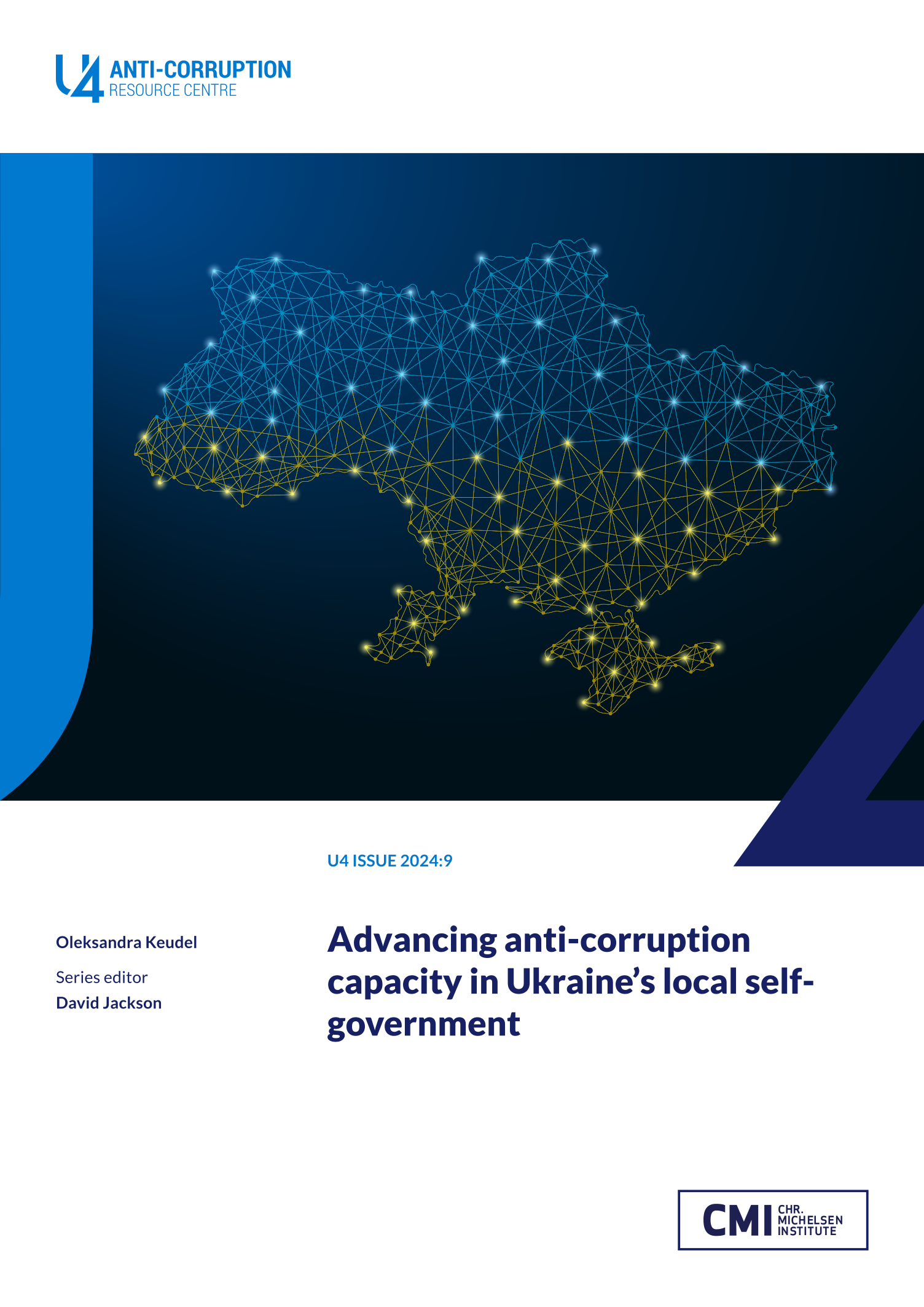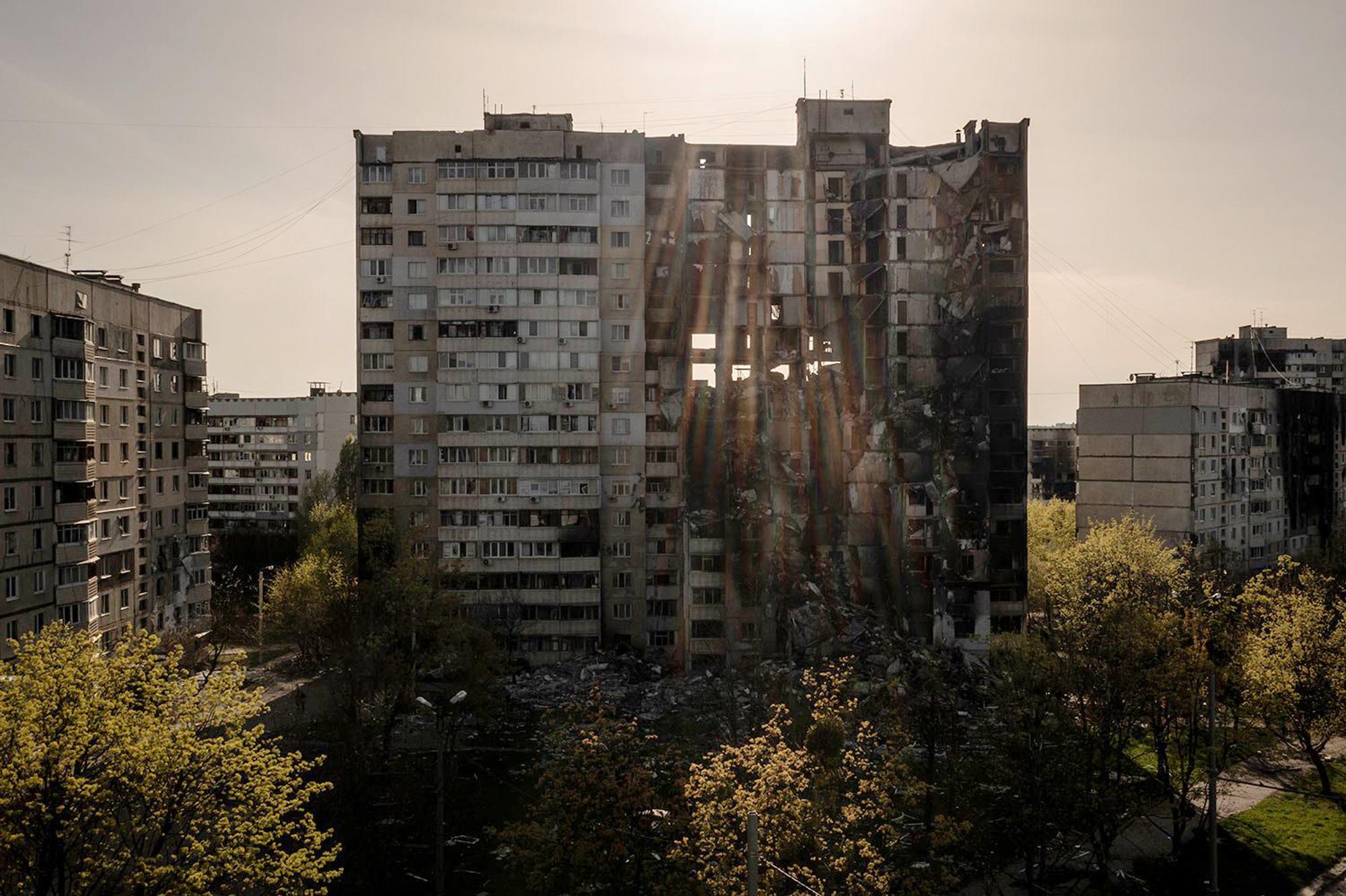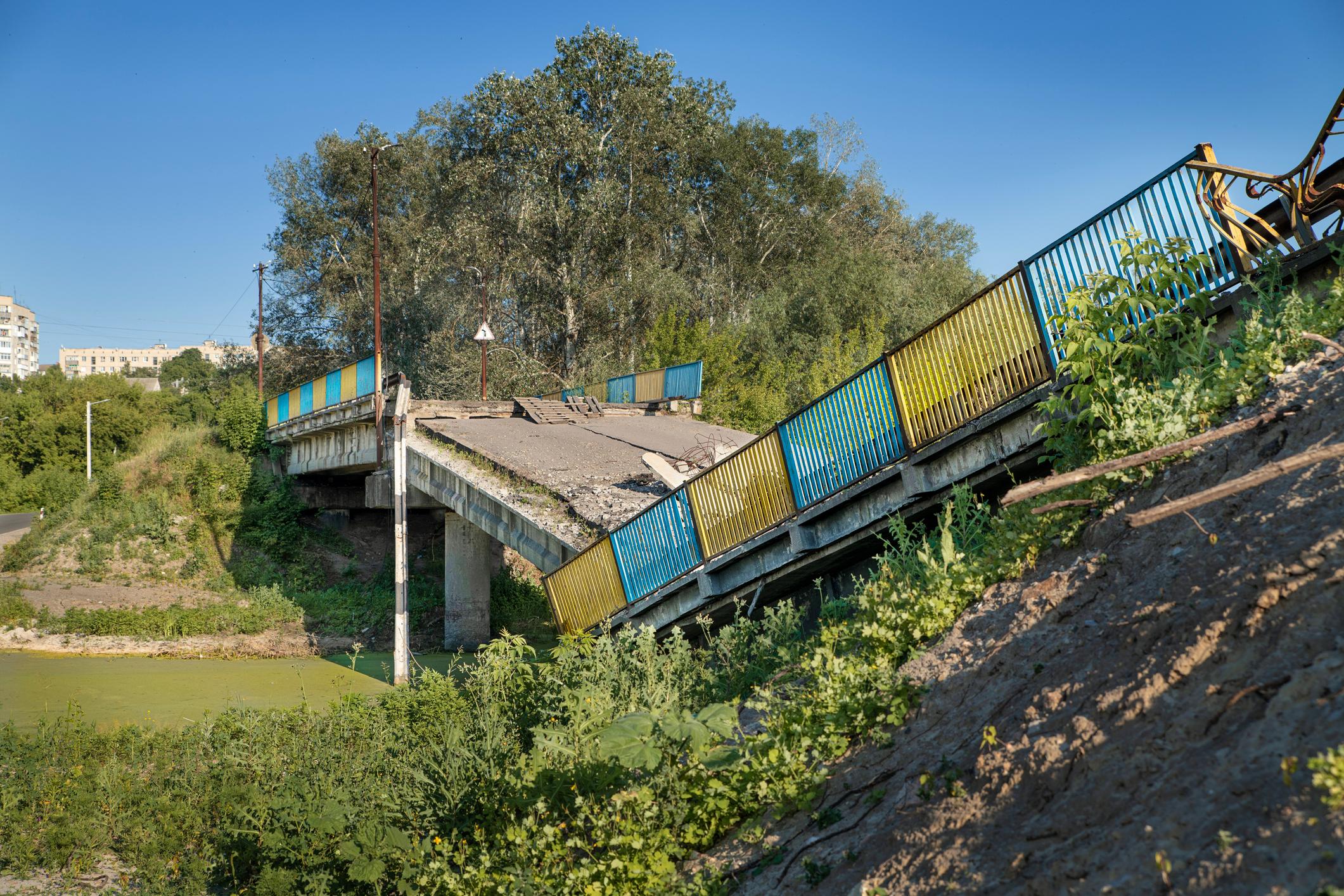Main points
- Ukraine’s future depends on just and sustainable peace and must include efficient and fair recovery for all citizens. Since the full-scale Russian invasion caused significant damage in the housing, energy and social sectors, most reconstruction efforts will occur in local communities (or hromadas). Corruption can distort the quality and speed of local reconstruction.
- Local self-government authorities (LSGs) will play a central role: they are important for their accountability to local communities; they already contributed to Ukraine’s wartime resilience through the continued delivery of local public services; and they are crucial for dealing with the local corruption that can emerge during a country’s reconstruction.
- While centralised recovery may appear more efficient, this must be weighed against the long-term goal of investing in LSG capacity as a democratic state-building measure. Decentralisation reforms have created a more balanced governance system in Ukraine. Reforms have reduced executive influence on local communities and fostered public trust in local authorities.
- The quality of local anti-corruption tools varies across Ukraine, with significant differences between urban and rural communities. Rural areas, especially those experiencing ongoing hostilities, suffer most from a lack of relevant expertise within LSGs. However, once LSGs develop anti-corruption capacity, harsh conditions do not undermine it, highlighting the sustainability of LSG-led anti-corruption efforts.
- Economic and societal factors encourage LSGs to take outward anti-corruption action, especially for transparency. Despite initial setbacks after the full-scale Russian invasion, LSGs have improved transparency in municipal assets, procurement and informing. Further practices include the use of e-governance platforms, opening up to innovative public engagement and collective action initiatives.
- With capacity support, LSGs can also implement inward anti-corruption action, such as institutional redesign, audit and corruption risk assessments (CRA), and drive organisational and social innovations. Therefore, the Ukrainian government, civil society, and international partners should empower LSGs as organisations to handle recovery and reconstruction.
- War-related uncertainty, increased secrecy, and confusing recovery legislation undermine local anti-corruption capacity. To ease public monitoring of reconstruction, clarity is needed on government policies for open data, transparency and public consultations. Overcoming duplication and reducing mismatches across regional policy, urban planning, and recovery policy is needed to decrease the administrative burden on already stretched LSGs.



